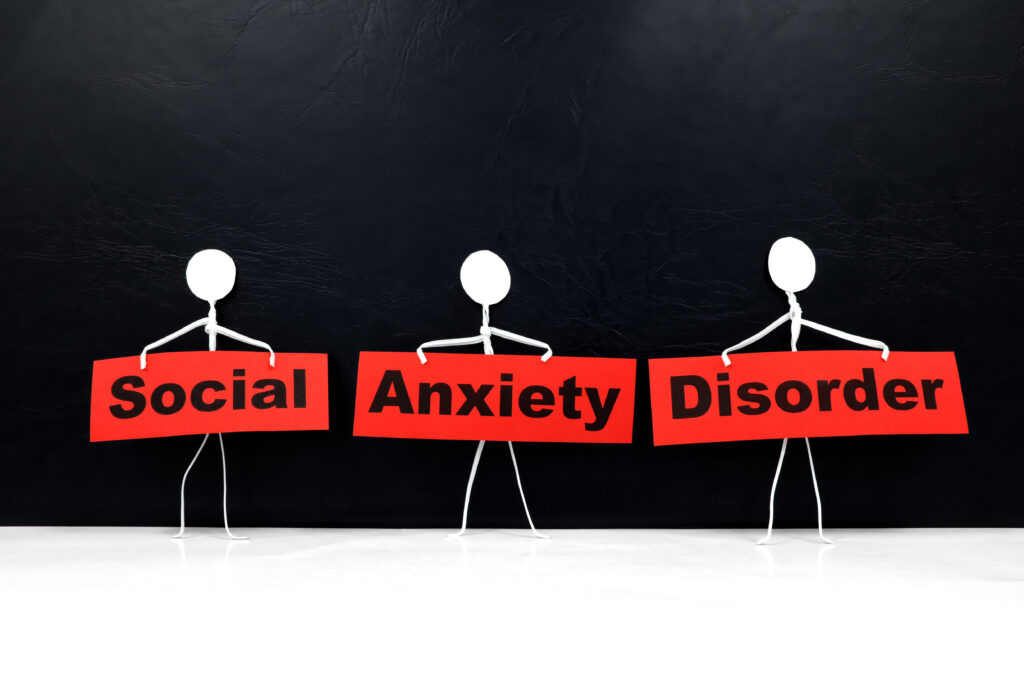Domestic Violence Towards Men and Signs of PTSD
When you imagine domestic violence, it’s likely that your mind goes towards women victims. While women are the vast majority of victims of domestic violence and much needs to be done in society to address this issue, there are still a significant number of men who suffer from intimate partner violence.
Domestic violence against men
According to the National Coalition Against Domestic Violence, one in three women and one in four men have experienced some sort of aggression from an intimate partner, including shoving, hitting, slapping.
While less-intense forms of domestic violence towards men are more common, severe violence is also higher than you might expect. One in nine men has endured severe physical domestic violence including sexual violence or stalking. Domestic violence towards men can be perpetrated by women or men.
Many people are shocked to learn how common abuse is towards men. Check out the following statistics on domestic violence against men to better understand the scope of this issue.
- One in 25 men have received an injury from a partner
- One in 71 men in the United States have been raped in their lifetimes
- 5.1 million men have been stalked by a partner in their lifetime
Domestic violence towards men may take different forms from domestic violence towards women, and for this reason it may be harder to identify. If you or someone you know is a male victim of domestic violence, here are some signs to look for.
- Marks like bruises, scars, cuts and so on
- Increasing isolation from friends and family members
- Accusation from the abuser of unfaithfulness, lying or cheating
- Controlled behavior
- Nervousness
- Lack of independence (unallowed to drive oneself or carry money)
Many men struggle to leave abusive relationships, and the reasons are numerous. When individuals remain in a violent relationship, however, the likelihood of developing post-traumatic stress disorder increases.
Understanding PTSD
According to Mayo Clinic, post-traumatic stress disorder (PTSD) is a mental health condition that is characterized by intense fear following a dangerous or terrible event. The resulting symptoms can cause severe distress and dysfunction in daily living.
There are generally four categories of symptoms that indicate that a person has developed PTSD in response to trauma.
- Intrusive memories: flashbacks, nightmares and distress when triggered by a memory
- Avoidance: taking extraordinary means to avoid thinking about, talking about or being reminded of the event;
- Negative changes in thinking and mood: feeling hopeless, isolating oneself, feeling numb and having memory issues;
- Changes in reactions: being easily startled, having trouble concentrating, sleep issues and aggressive outbursts.
These general PTSD symptom categories are useful in understanding the basics of PTSD, but each person’s manifestation of trauma will look different.
PTSD from domestic violence
One of the most common causes of PTSD is spousal abuse (domestic violence). PTSD can be triggered by a single instance of sexual or physical abuse, or it can stem from frequent and repeated violent intimate partner events.
The trauma that results from domestic violence harms people in several ways. Not only is trust in a loved one decimated, creating a lasting ripple effect on all relationships, but a person who lives through this type of abuse will often feel violated due to the personal nature of the violence.
Common PTSD symptoms in men
While there are some commonalities between the PTSD symptoms from domestic violence for men and women, each gender also presents with unique responses. Here are PTSD symptoms you might notice in men.
- Difficulty expressing oneself
- Feeling a need to prove one’s masculinity/toughness
- Psychological distress
- Distancing oneself from loved ones
- Trouble controlling anger
- Acting aggressively
- Using substances to deal with trauma
- Participating in self-destructive behavior
Domestic violence against men and the PTSD that results are often under-reported. Men are less likely to express victimization due to embarrassment or fear of judgment. Men may also be hesitant to seek help due to a perceived lack of services.
For this reason, statistics of abuse towards men and rates of PTSD from domestic violence may be skewed. Male victims who do seek treatment may also find that treatment programs are typically designed for women and may feel that their unique needs go unaddressed.
If you or someone you know is experiencing intimate partner violence and substance use is involved, it’s time to get help. Silvermist Recovery can treat both presenting problems simultaneously, and offer a safe haven during a difficult time in your life.
Find all the healing you need at Silvermist Recovery. Call today.






